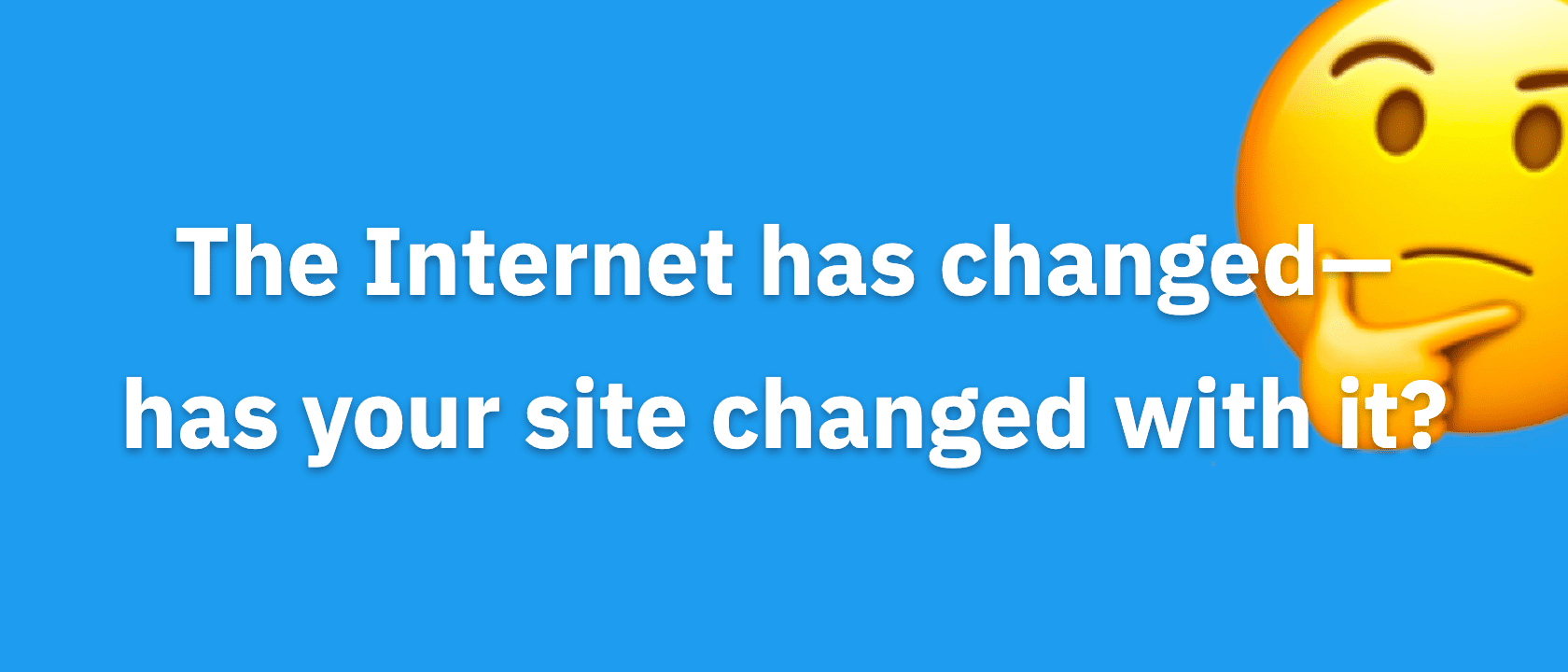I’ll be straight up. This is a hit piece.
When I ask around, I’ve come to the conclusion that people use too many WordPress plugins.
Are you one of those people?
Well, if you’ve got to ask, the answer is probably yes.
How Many WordPress Plugins Should You Use?
When you use more plugins, your website loads slower.
And when your page loads slower, you’re killing your conversion rates, and your search engine rankings.
(Google recently announced that it uses page load times in their search algorithm. Additionally, countless studies have shown that if you increase your page load times by as little as 0.1 second, you can lose a huge amount of sales).
So how many WordPress plugins should you use?
The answer is FEWER.
You’ve got to cut WordPress plugins from your blog until you’re left with only what’s absolutely essential.
And that leads me to this next question…
What Makes A WordPress Plugin Essential?
Here’s the rule of thumb: If you stop using a plugin and your website explodes, then you shouldn’t delete that plugin.
That’s a bit extreme, but it’s true.
There are people who use plugins because they say “I NEED THEM,” but NEED is a funny word because people think they need “related posts” at the end of their articles.
Why do you need related posts at the end of your articles?
You say you want people to find more of your content, and that’s fine.
However, you’re better off linking your other articles from WITHIN your content… not at the end of it.
So what makes a WordPress plugin essential? There are three key components:
- If the plugin speeds up your site, it’s essential.
- If the plugin eliminates spam from your site, it’s essential.
- If the plugin adds a feature to your site that is VITAL to your site’s success, it’s essential.
What WordPress Plugins Do I Recommend?
There’s aren’t many that I fully recommend.
But here’s my exhaustive list:
1. WP Fastest Cache — This Plugin speeds up your site because it caches your pages, which make your site load faster.
2. Akismet — Battling comment spam sucks. This plugin handles most of it for you.
3. Google XML Sitemaps — When your blog has a sitemap, it makes it easier for search engines to crawl your content. This is a VITAL to your site’s success, and that’s why I believe this is a must-have plugin.
4. A form plugin – If you’re running a blog, chances are you want to create a contact form. You could use a free form plugin like Contact Form 7, but I personally use Gravity Forms. It’s a premium plugin, but it’s got great support and functionality (it’s not for the faint of heart though. It’s not the easiest to configure).
Now, I’m not saying you can’t use more than just those 4 plugins.
But definitely don’t use 20, 30, or 40 plugins.
As a rule of thumb, I try to use fewer than 10 plugins.
(Not all WordPress plugins are created equal. Some aren’t resource hogs, others are).
